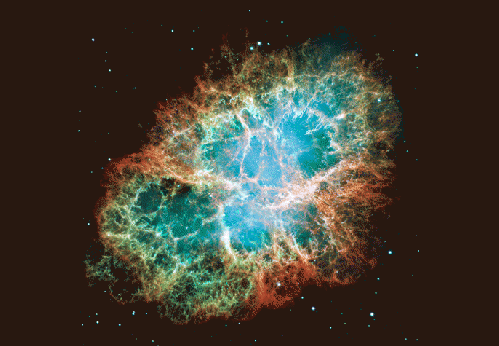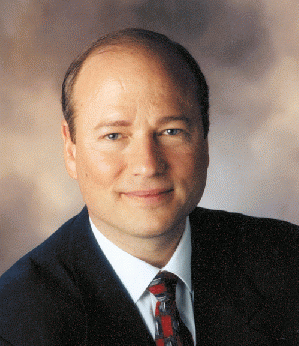This new Stanford video series, Hacking Consciousness, investigates consciousness as the source of not only the human mind but also of all energy and matter. Consciousness is seen as the essence of the universe, a unified field which gives rise to and pervades all manifest phenomena. Five scientists from different disciplines describe how we can contact this field and use it to improve our lives. The series, designed by Michael Heinrich, is now available free on YouTube.
The intellectual background of the series is a fascinating conflict affecting all of us, which is now going on in the disciplines of science and philosophy, and centering on the question, "What is the basis of the universe?"
In the nineteenth century, advances in physics, chemistry, and biology led to an empiricist understanding of nature, and Enlightenment philosophy replaced superstition and myth. Leading thinkers in all these disciplines agreed that the universe is just matter in motion governed by natural laws which are open to human understanding. Reality is fundamentally material. Humans and other animals interact with an objective, external world through sensory input mediated by our consciousness, which is a neuro-chemical phenomenon of our brain cells. Thoughts are just reflections of the material world in the brain.
Early in the twentieth century, though, experiments by physicists shattered this view of the world. Their studies of subatomic particles revealed facts incompatible with the classical materialist paradigm. Matter, supposedly the basis of the universe, proved to be insubstantial at the quantum scale, disappearing into wave functions that have only potential existence. Also at this scale the position and speed of an elementary particle are both interrelated in such a way that it is impossible to know both of them. The more exactly one is determined, the more uncertain the other becomes, so motion can't be predicted.
More amazing yet, an objective world independent of the observer doesn't exist. The particles and the observer are linked at the quantum scale; the very act of observation affects the matter being observed. The realm of discrete objects is transcended and everything becomes united in an indivisible whole that is inherently subjective, since nothing else exists but that. Matter is continually emerging from and dissolving back into an abstract, nonmaterial unified field. The unified field is the ultimate reality, the source of the manifest universe. The frontier of science now lies in discovering more about this transcendental field.
This research sent shock waves not just through science but through the whole culture. Idealist philosophers, who maintain that the universe is fundamentally just thoughts and who had been pushed out to the fringes of philosophy by nineteenth century empiricism, now seized upon these facts as proof that matter doesn't exist. Even some distinguished physicists such as Niels Bohr and James Jeans went to the extreme of trying to replace the entirety of physical reality with human consciousness. The new knowledge also inspired postmodern philosophy, which declares reality to be a totally subjective collection of individual narratives without any overarching coherence.
The materialists, including many conventional physicists, fought back, deriding these theories as solipsistic nonsense based on unwarranted conclusions drawn from scanty evidence. They were confident that research in the future would confirm their views. But no confirmation has appeared, and the two sides have been at loggerheads for decades now. In true dialectical fashion a materialist thesis has been challenged by an idealist antithesis, and the two sides are locked in conflict. According to dialectics, this clash of mutually exclusive opposites will lead to a new synthesis that incorporates elements of both, but at a higher level of knowledge. This is how science progresses, and how our understanding of the world increases.
In the first session of Hacking Consciousness, John Hagelin, who has a PhD from Harvard in quantum physics, discusses how that synthesis is emerging now--and from a surprising angle. Maharishi Mahesh Yogi (1918-2008), who had a master's degree in physics and then studied metaphysics with one of the great swamis of India, was able to fuse these two contradictory positions into a new wholeness. His knowledge of both sides of the dichotomy enabled him to develop a new paradigm that overcomes the binary opposition and gives us a deeper understanding of matter.
(Note: You can view every article as one long page if you sign up as an Advocate Member, or higher).







